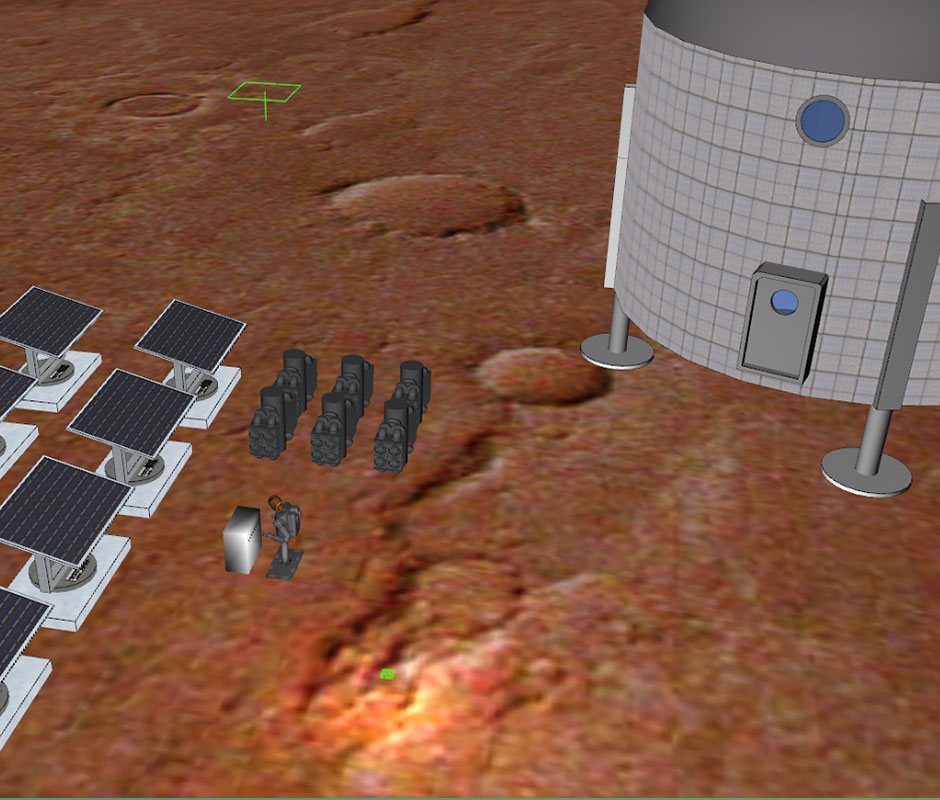Automation Countermeasures for Fatigue
TRACLabs is evaluating the performance of sleep-deprived operators supervising a remotely operating robot, and developing technology countermeasures for adverse performance effects.

Sleep deprivation (SD) is a situational stressor experienced by most astronauts and many flight controllers. Astronauts on the International Space Station (ISS) commonly report sleep issues during missions; sleep aids are some of the most used medications in space. These issues will be exacerbated for longer duration exploration missions. ISS flight controllers must adapt to non-standard schedules and consequent insufficient sleep when working with international partners.
TRACLabs is evaluating the performance of sleep-deprived operators when supervising a remotely operating robot, and developing technology countermeasures for adverse performance effects. We developed a supervisory control testbed utilizing TRACLabs technologies such as PRIDE procedure automation and Affordance Templates. This testbed is used to evaluate operator performance when supervising the NASA humanoid robot Robonaut 2 (R2) in a simulated planetary mission, both when operators are rested and when they are stressed from SD. We also are developing and testing adaptive automation countermeasures for the effects of stressors such as SD on human performance related to robotic tasks.
This project is performed with our collaborators at Brigham and Women’s Hospital in Boston, and San Jose State University. It is funded by the National Space Biomedical Research Institute (NSBRI).


